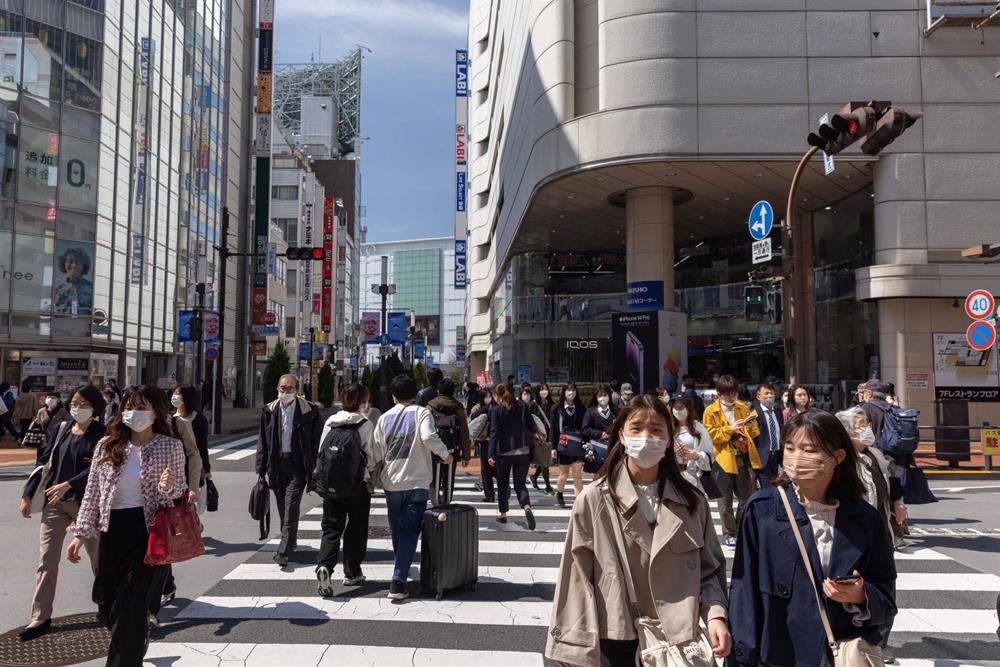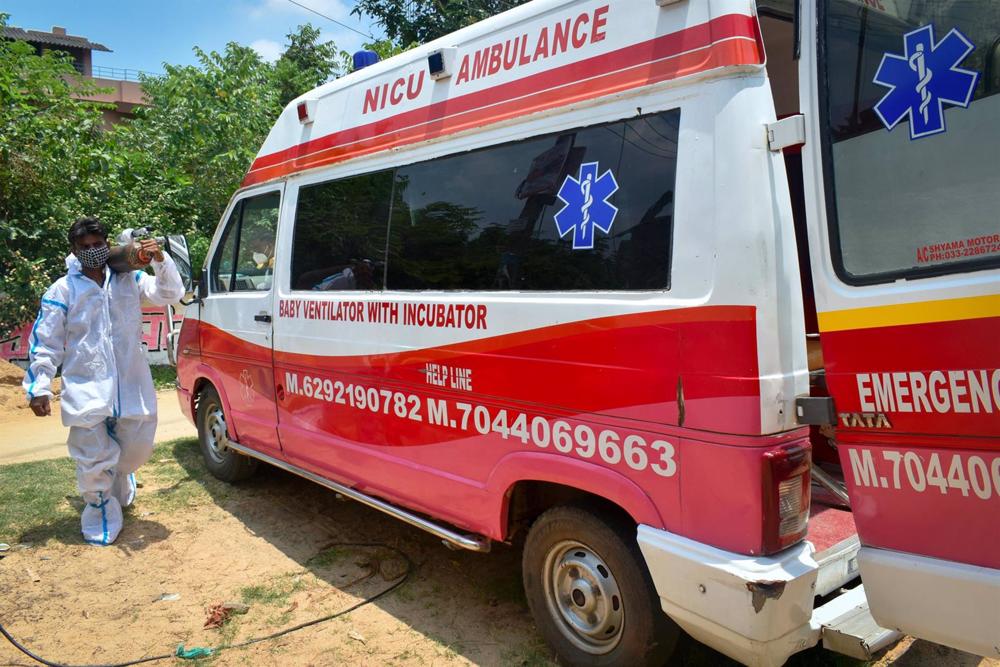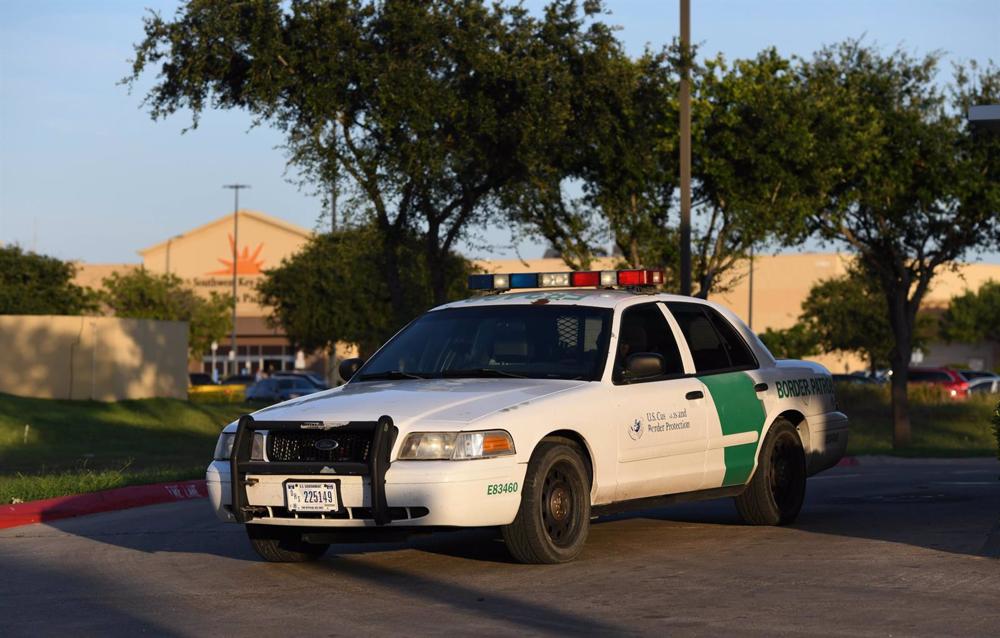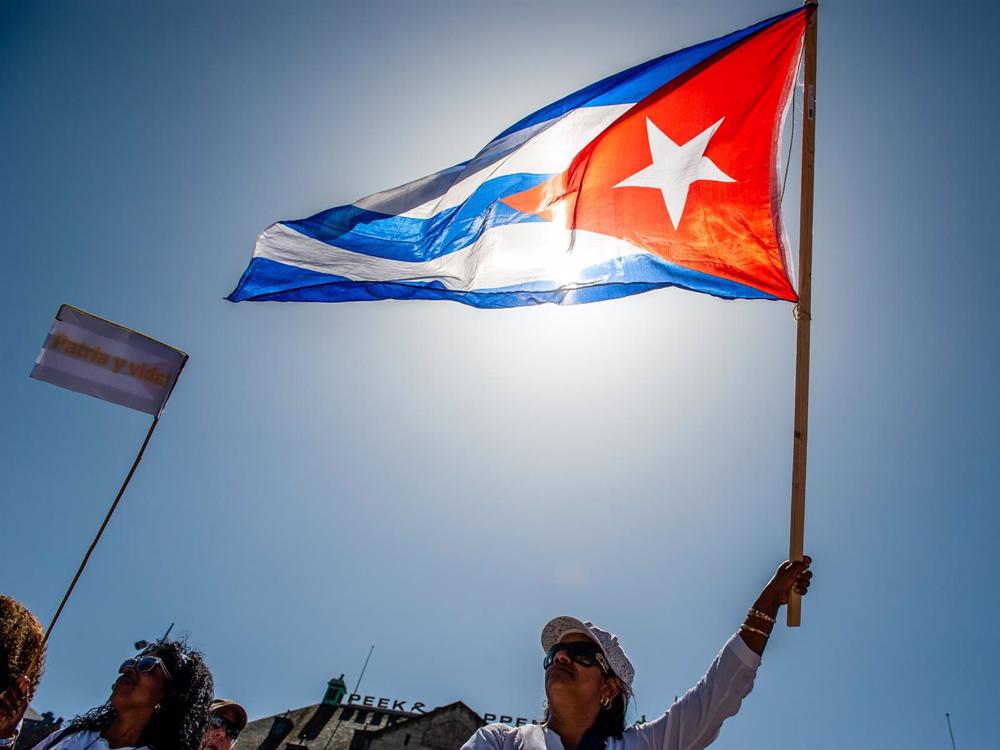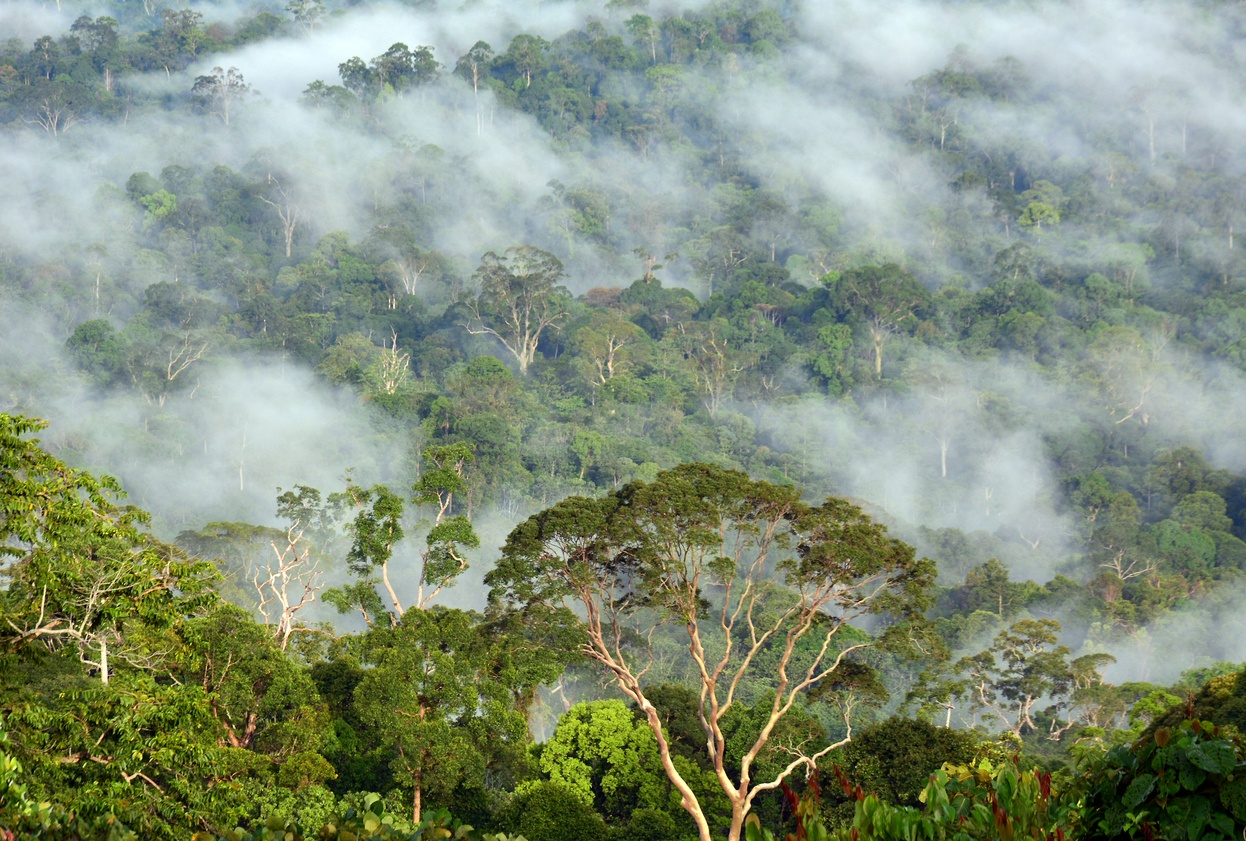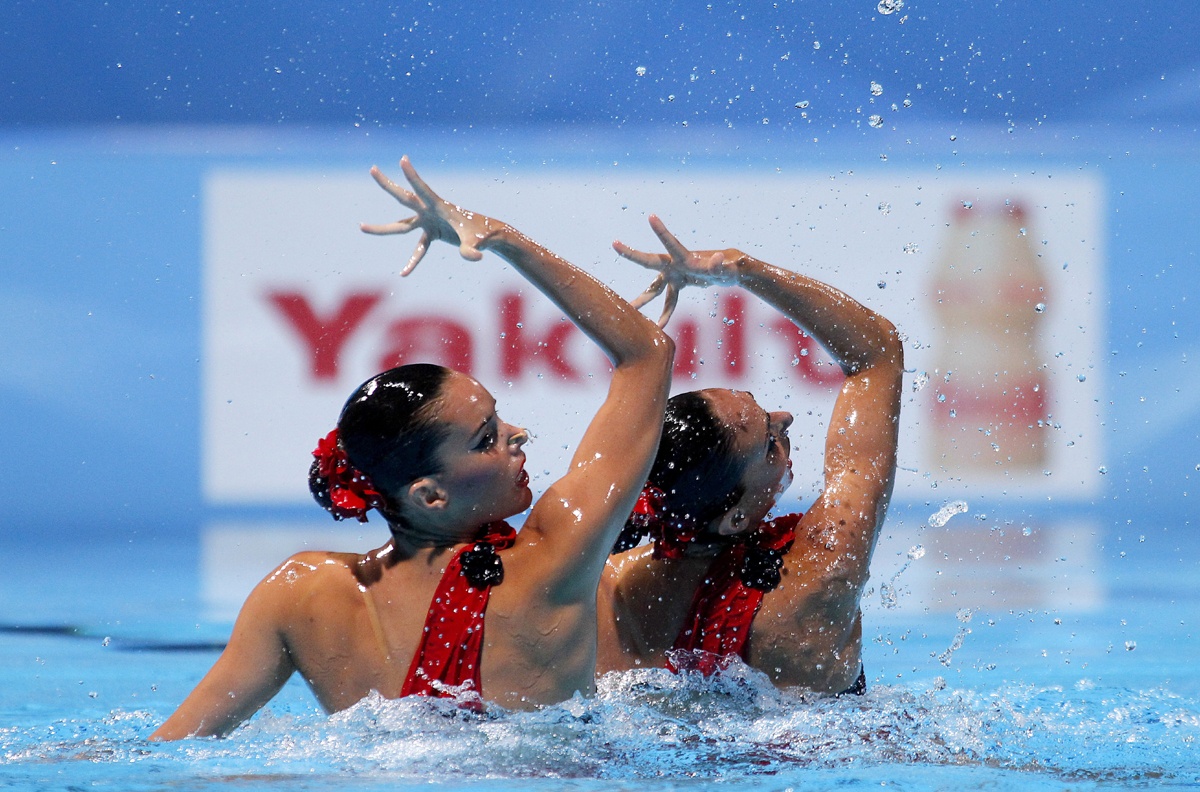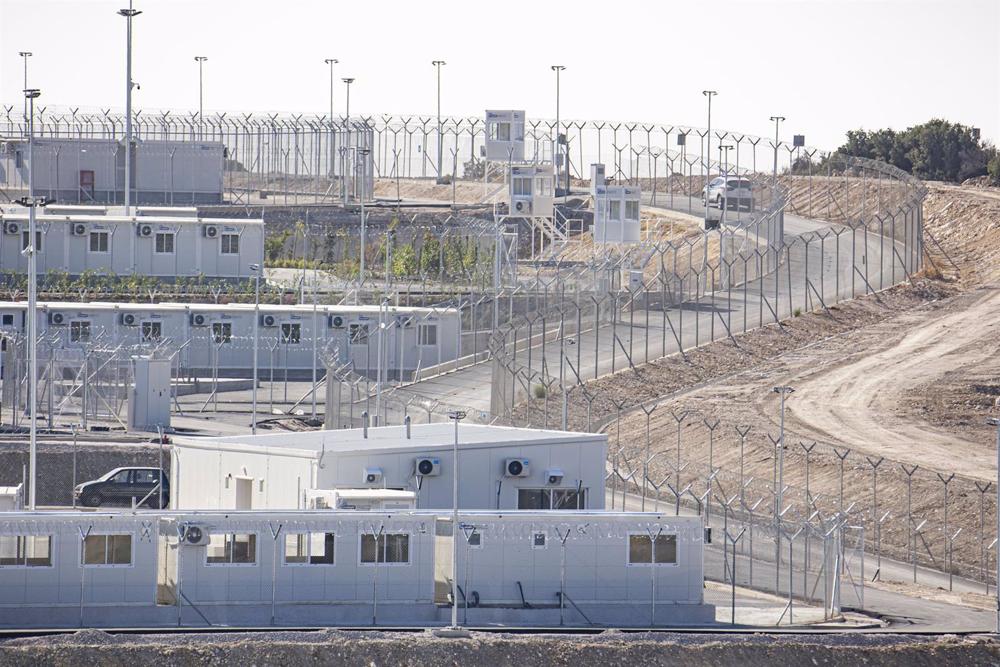
The NGO Doctors Without Borders (MSF) warned Monday of the impact of the closed detention center model on the health of migrants, refugees and asylum seekers on the Greek Aegean islands a year after the first such center was opened on Samos.
In a statement, the organization has pointed out that people arriving on the island are «confined in the access-controlled center of Zervou, in an isolated place subject to a high level of security, where they find it very difficult to seek medical care, obtain treatment or receive legal advice.»
The Zervou center, as well as those on Leros and Kos and those planned for 2023 on Lesvos and Chios, are «the result of an aggressive containment policy, funded by the European Union (EU), to open controlled access centers» in remote locations on five Aegean islands», as stated in the text, which warns that there «people seeking safety are confined while their asylum application is being processed».
These people, MSF has warned, «arrive in Greece distressed since most of them have fled conflict or persecution in their countries of origin, and many of them have suffered atrocious violence during their journey».
«People at the Zervou center tell us that they have survived human trafficking, sexual assault, forced labor and beatings,» lamented Nicholas Papachrysostomou, MSF’s general coordinator. «Some people have witnessed the death of their relatives in previous forced returns or shipwrecks. The internment centers do not meet their basic needs and unnecessarily harm their mental and physical health,» he explained.
He also stressed that MSF’s experiences show «the dangers of closed centers» and highlight that «asylum seekers need access to quality and timely medical care».
«Authorities should invest in decent reception conditions and safe accommodations, such as housing within communities, and create integration programs. Everyone needs a safe, supportive and humane environment to be able to register and process their asylum claim without the risk of re-traumatization, as set out in international law, EU law and national legislation,» he said.
MEDICAL ASSISTANCE MSF has denounced that the main shortcoming is the «lack of access to health care». Sonia Balleron, coordinator of the MSF project in Samos, stated that these are «people who have been traveling for a long time without receiving medical attention».
However, since February 2022, the center has only been visited by medical staff on occasional days and for only a few hours. Healthcare inside the centers remains problematic due to the continuing lack of medical personnel and medical equipment.
Thus, MSF has warned that those who have lived traumatic experiences «suffer a deterioration of mental health due to the prison conditions of the centers and the segregation and security infrastructures.»
Between September 2021 and September 2022, 40 percent of people with mental health problems treated by MSF on Samos presented symptoms related to psychological trauma.
«Now everyone presents with a basic level of psychological distress,» said Elise Loyens, MSF medical coordinator in Greece, who noted that «it always presents with the same symptoms: body aches, dissociation, depression, sleep disorders.» «People feel humiliated in these conditions,» she added.
